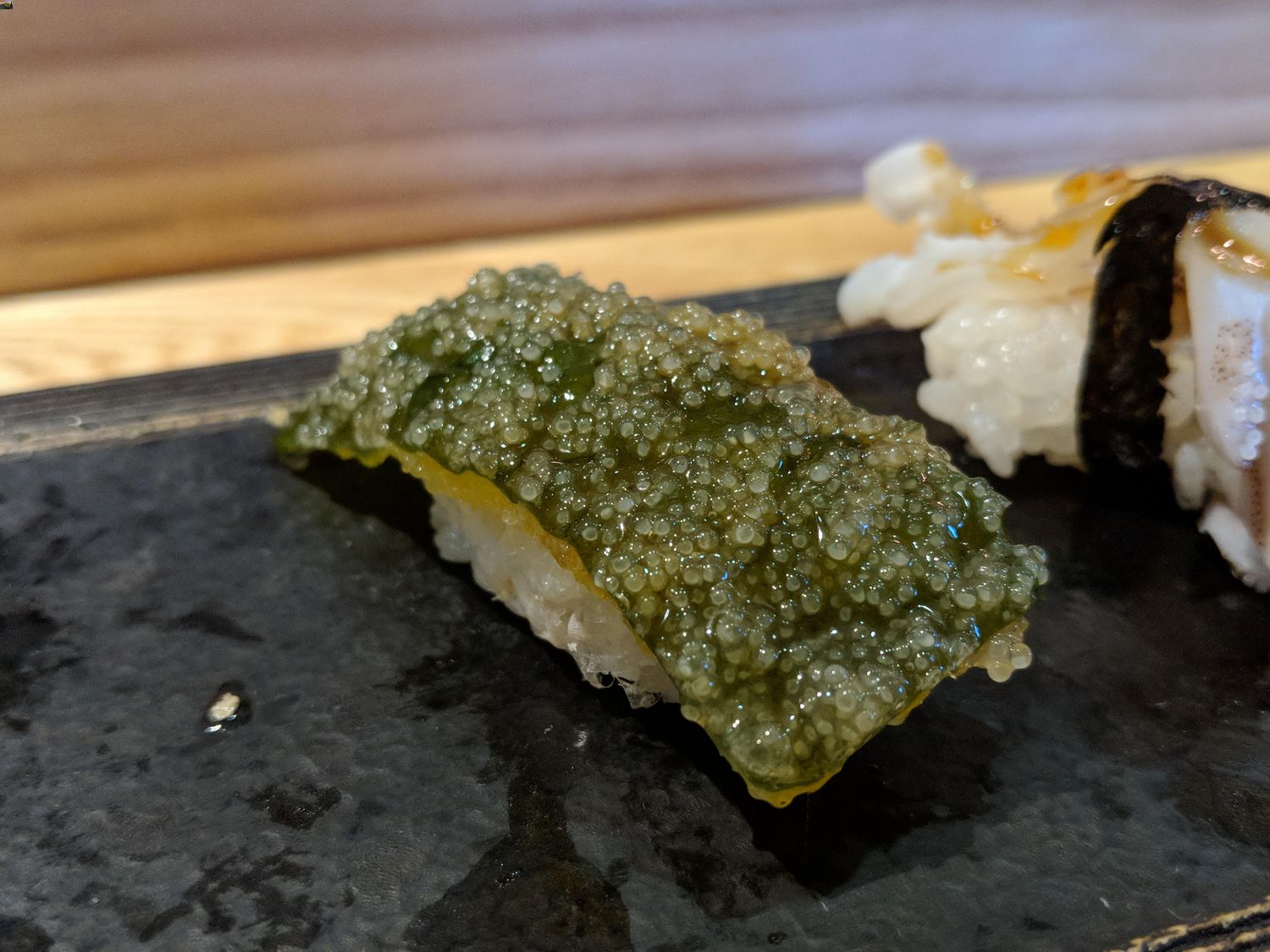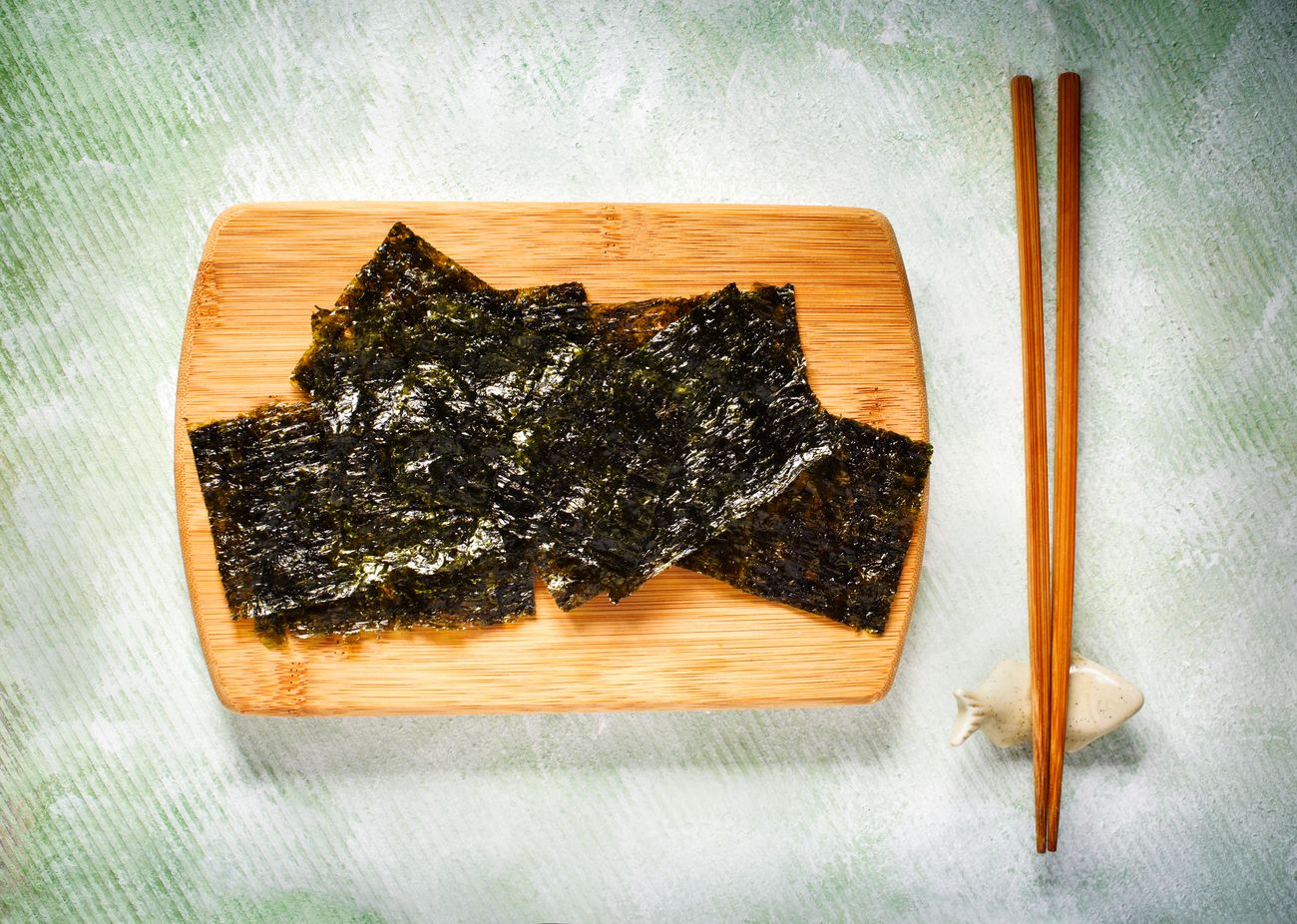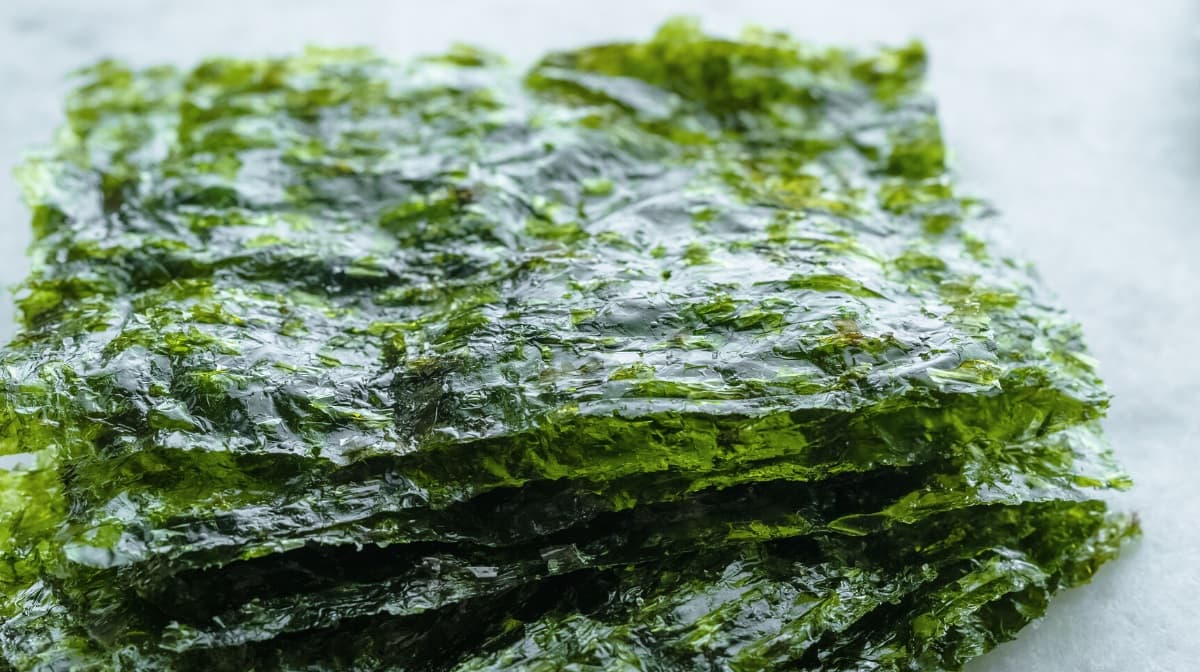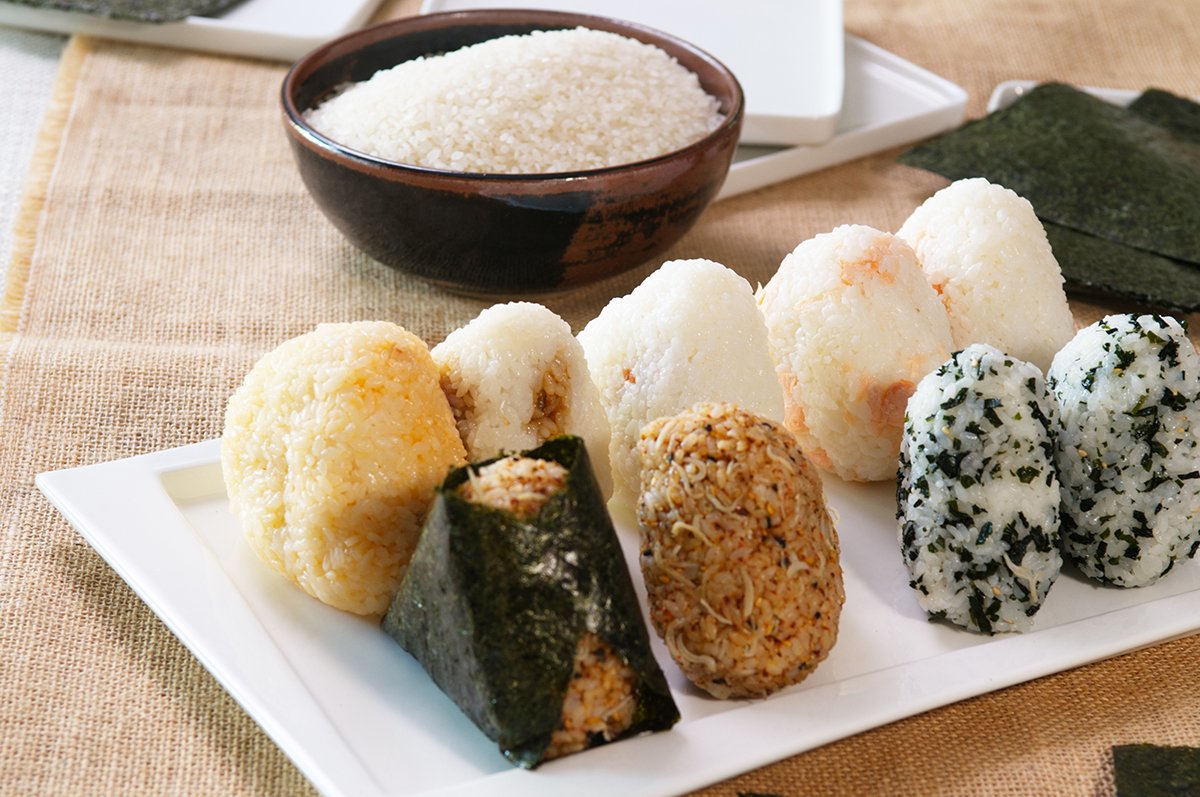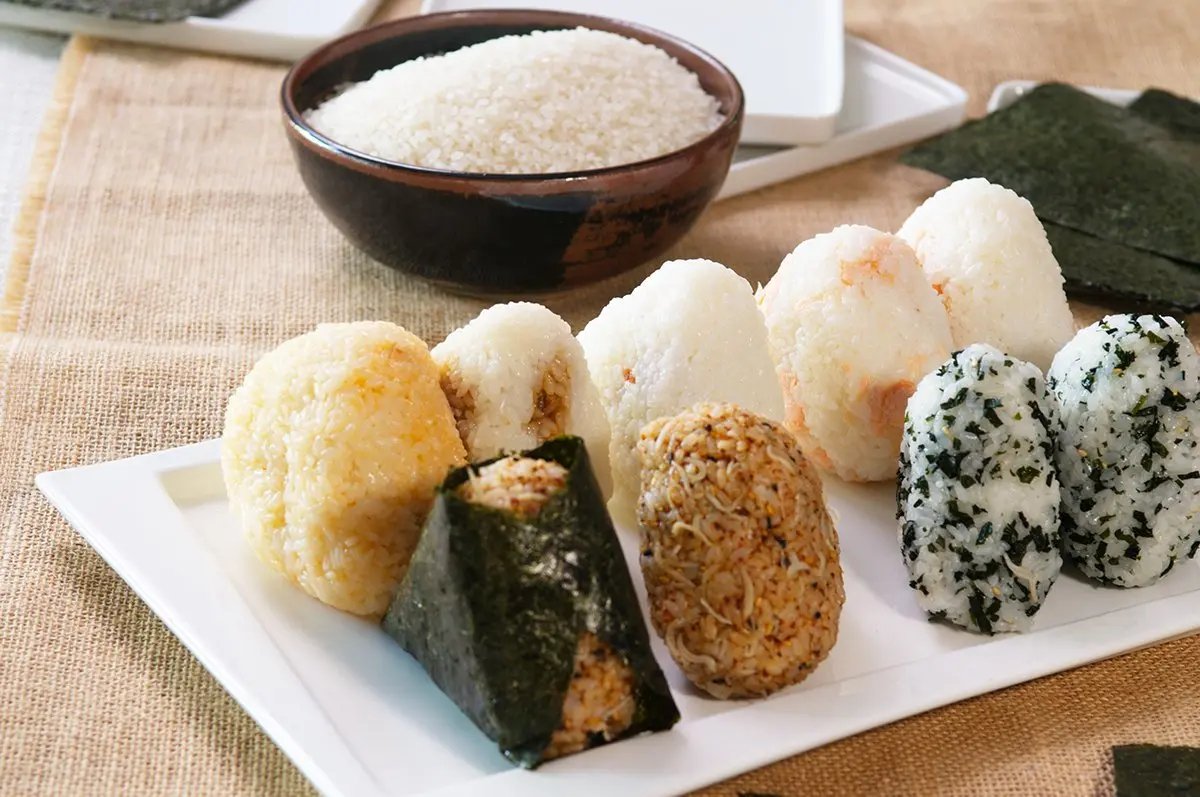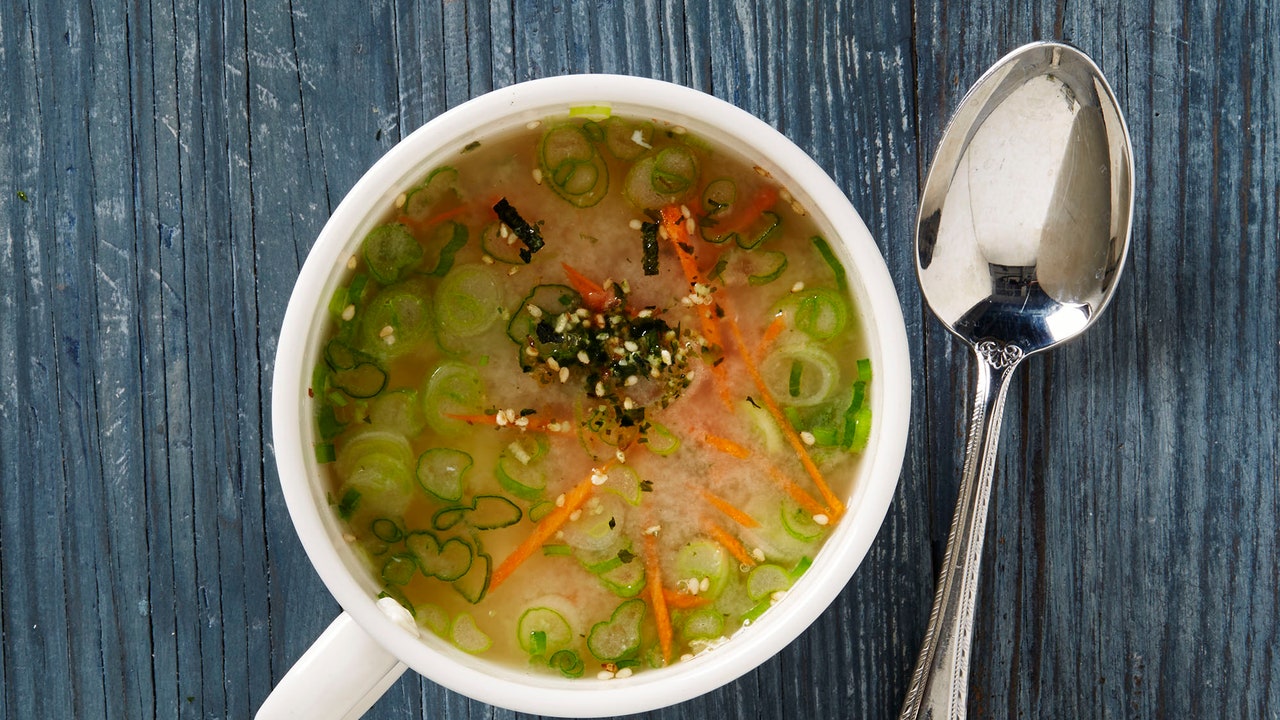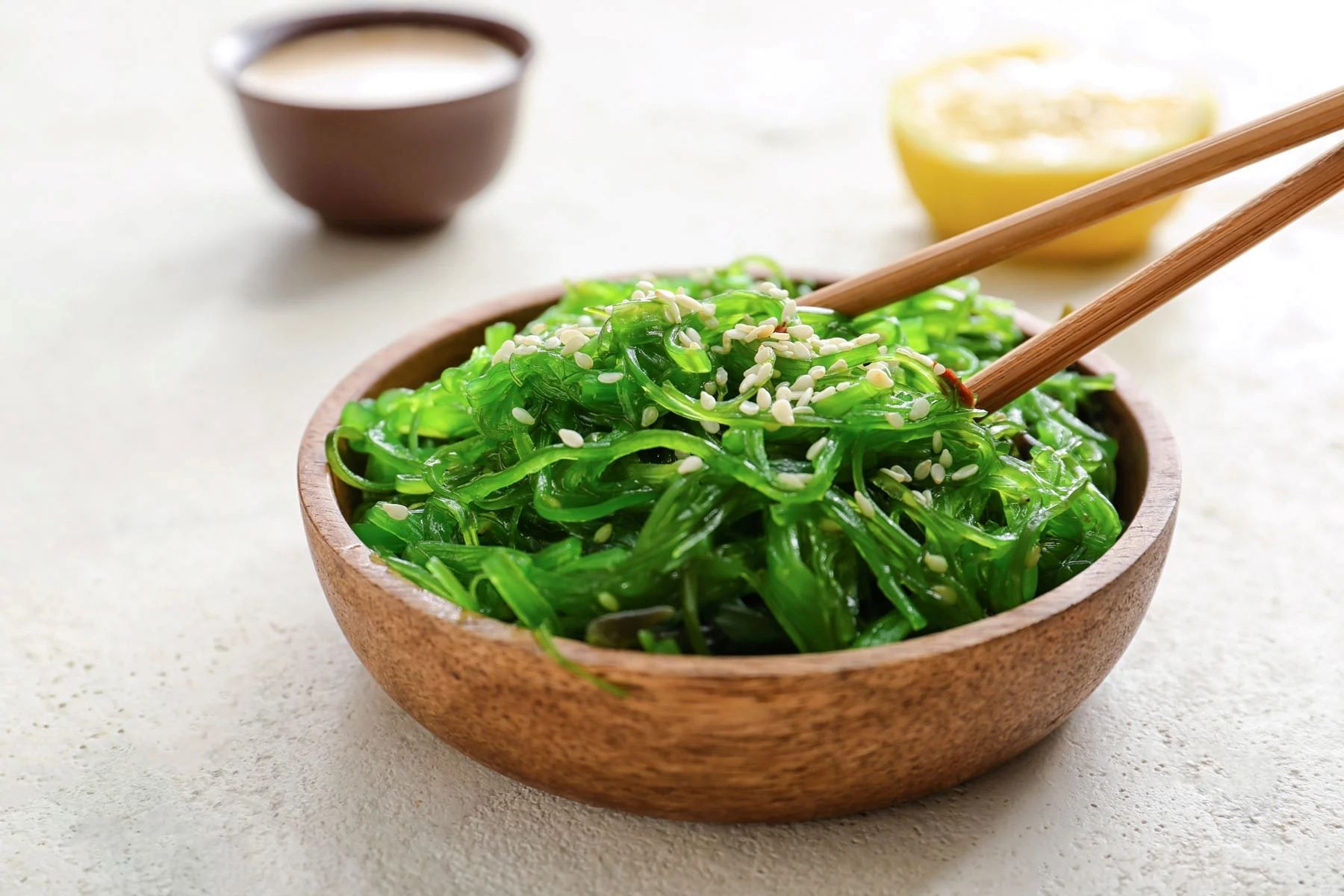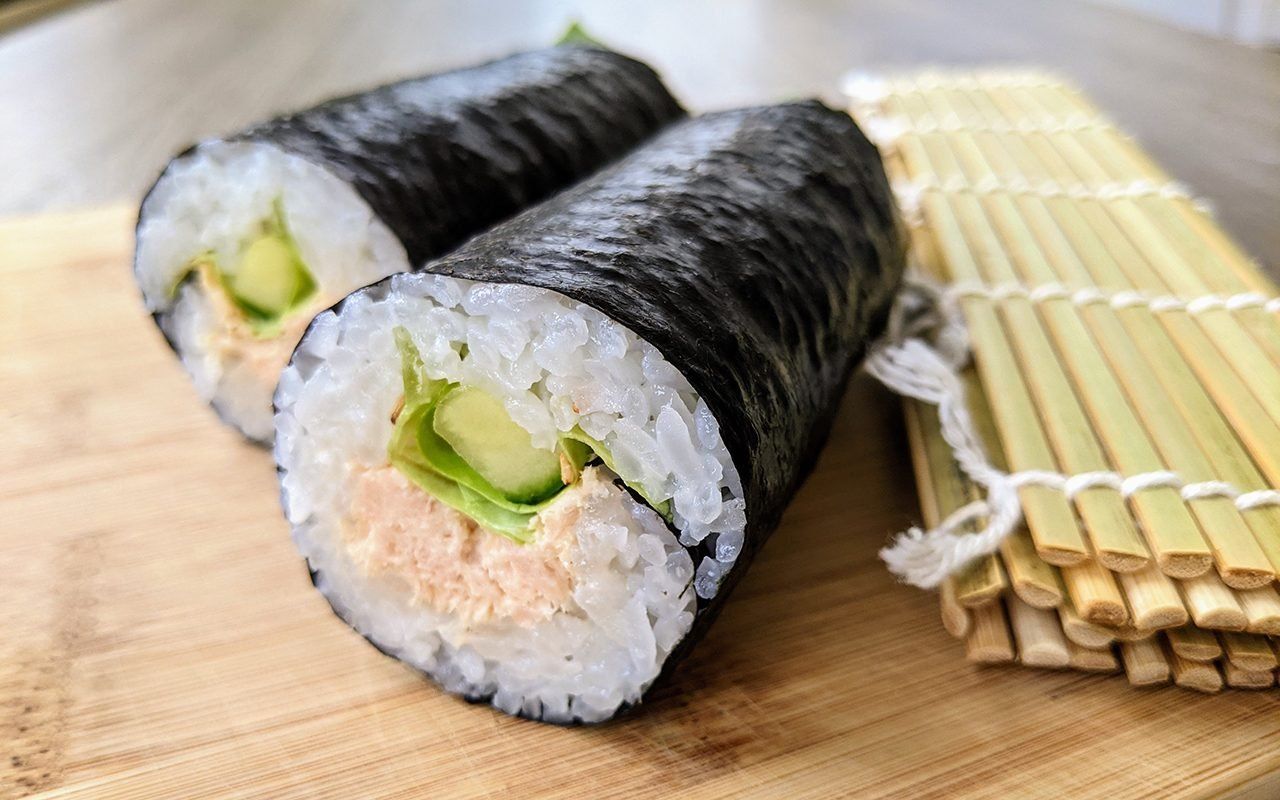Discover the Delicious and Nutritious World of Seaweed
Seaweed is not just for fish anymore! This oceanic plant is making waves in the culinary world, and for good reason. Not only is seaweed delicious, but it also boasts a wide array of health benefits. If you’re curious about how to incorporate this superfood into your diet, you’ve come to the right place. Here’s a guide on how to eat seaweed and reap its many rewards.
Types of Seaweed
Before we dive into the ways to eat seaweed, let’s explore the different types available. There are several varieties of edible seaweed, each with its own unique flavor and texture. Some popular types include:
- Nori: This is the seaweed commonly used to wrap sushi rolls. It has a slightly sweet and salty taste, making it a versatile ingredient in many dishes.
- Kombu: Kombu is often used to make dashi, a Japanese soup stock. It has a deep umami flavor and is packed with minerals.
- Dulse: Dulse has a chewy texture and a rich, smoky flavor. It can be enjoyed as a snack or added to soups and salads.
- Wakame: This seaweed has a delicate, slightly sweet flavor and is commonly used in miso soup and seaweed salads.
Ways to Enjoy Seaweed
Now that you’re familiar with the types of seaweed, let’s explore the various ways to incorporate it into your diet. Here are some delicious and creative ideas:
- Sushi Rolls: Use nori to wrap up your favorite sushi fillings for a nutritious and flavorful meal.
- Seaweed Salad: Combine wakame or dulse with a tangy dressing for a refreshing and nutrient-packed salad.
- Snack on Dulse: Enjoy dulse on its own as a crispy, savory snack or sprinkle it over popcorn for a unique twist.
- Seaweed Soup: Add kombu or wakame to your favorite soup or broth for an added depth of flavor and a nutritional boost.
- Seaweed Snacks: Look for roasted seaweed snacks at your local grocery store for a convenient and tasty way to enjoy this superfood on the go.
Health Benefits of Seaweed
Aside from its delicious taste, seaweed offers an impressive array of health benefits. It is a rich source of vitamins, minerals, and antioxidants, making it a valuable addition to any diet. Some of the key benefits of seaweed include:
- Rich in Iodine: Seaweed is one of the best natural sources of iodine, a mineral essential for thyroid function.
- High in Nutrients: It contains a variety of vitamins and minerals, including vitamin K, folate, magnesium, and iron.
- Antioxidant Properties: Seaweed is packed with antioxidants that help protect the body from oxidative stress and inflammation.
- Supports Heart Health: The fiber, omega-3 fatty acids, and plant compounds in seaweed may help lower cholesterol and support heart health.
Incorporating Seaweed into Your Diet
Now that you’re aware of the many ways to enjoy seaweed and its numerous health benefits, it’s time to start incorporating this nutrient-dense superfood into your diet. Whether you’re a fan of sushi, salads, or soups, there’s a delicious way to add seaweed to your meals and elevate both the flavor and nutritional profile of your dishes. So, why not dive into the world of seaweed and discover a new realm of culinary possibilities?
Remember, when trying a new food, it’s always best to start with small amounts to see how your body reacts. If you have any concerns or health conditions, it’s a good idea to consult with a healthcare professional before making significant changes to your diet.
With its unique taste, versatility, and health benefits, seaweed is a fantastic addition to any diet. Whether you’re a seafood enthusiast or a health-conscious individual, there’s no denying the appeal of this oceanic superfood. So, go ahead and explore the delicious and nutritious world of seaweed – your taste buds and your body will thank you!
Was this page helpful?
Jarvislawclairsville
Jarvis Law Office, P.C. is an Estate Planning Attorney in St. Clairsville. We offer services that span the Trust Lawyer and Estate Planning spectrum in order to help you retain more of your assets and more of your dignity as you age.

